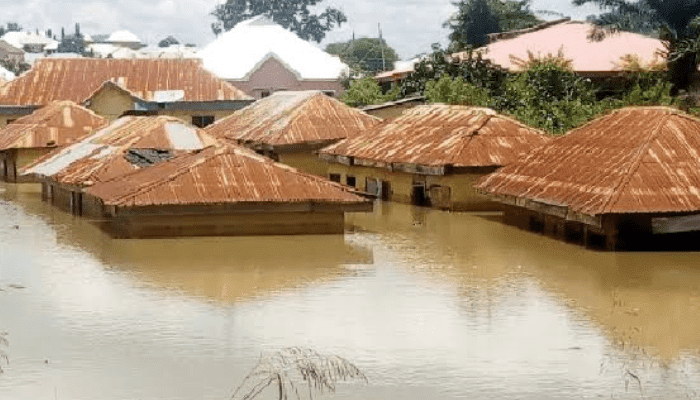There are no products in your shopping cart.
| 0 Items | £0.00 |


NIGERIA Hydrological Services Agency (Nihsa) officials have issued a warning to states along the Benue River to increase their vigilance as the management of the Lagdo Dam in Cameroon are planning to open their floodgates any moment from now.
Over recent years, as many as 100,000 people get displaced annually across Nigeria's Middle Belt as a result of flooding brought about by Cameroon opening its Lagdo Dam and releasing tonnes of water. River Benue flows into Nigeria from Cameroon and the Cameroonian authorities have built the Lagdo Reservoir 50 km south of the city of Garoua to help regulate the flow of water.
However, whenever the water in the artificial lake rises dangerously, the Cameroonians open the dam but because the Nigerian authorities have no flood control plans, this always leads to problems. Adamawa, Taraba, Benue, Nasarawa and Kogi states all border the River Benue and are badly affected whenever it overflows its banks.
Earlier this week, the management of the Lagdo Dam in Cameroon announced that they plan to open the dam for water to gush out. In a swift response, Nihsa issued a statement signed by its director-general Umar Ibrahim Mohamed, saying Adamawa, Taraba, Benue, Nasarawa, Kogi, Edo, Delta, Anambra, Bayelsa, Cross River and Rivers states are all likely to affected when the dam is opened.
Nihsa called on governments at all levels to implement adequate preparedness measures to mitigate potential flooding that may result from rising river levels during this period. According to Nihsa, the release of water will begin at a rate of 100 cubic meters per second (8.64m cubic meters per day) and is expected to gradually increase to 1,000 cubic meters per second over the next seven days, depending on inflows from the upstream Garoua River.
A Nihsa spokesman said: “The Cameroonian dam authorities assured Nihsa that the water releases will be regulated to avoid exceeding the capacity of the Benue River and triggering major flooding downstream in Nigeria. The controlled water releases will cease once there is a noticeable decrease in inflow into the Lagdo reservoir.”
According to Nihsa, there was no immediate cause for concern, as significant flooding downstream in Nigeria was not anticipated and the current water levels along the Benue River remained within safe limits. It also assured the public that it would continue to closely monitor water levels along the River Benue and other national inland rivers, providing regular updates to prevent any flood-related disasters.
Over recent weeks, the Borno State capital Maiduguri got submerged under water as a result of the Alau Dam overflowing and releasing millions of gallons of water into the environment. At least 414,000 people have been displaced and another 30 killed by the devastating floods according to the United Nations Human Rights Refugee Council and the Maiduguri Metropolitan Council.